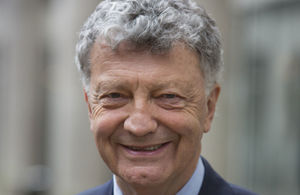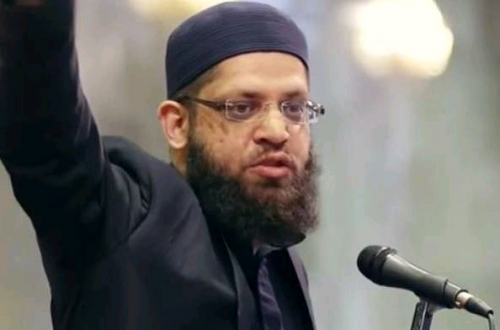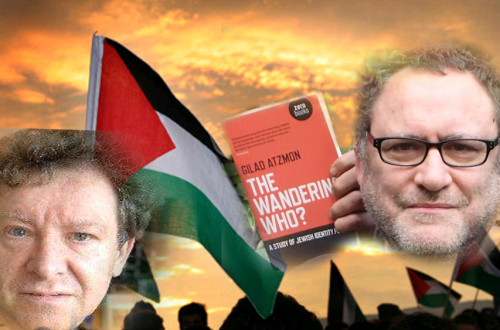This is a cross post by Joe Millis
Today, I lost a very close and dear friend because of the conflict in southern Israel. And that, I think, represents at micro level the relationship between Jews away from Israel and the Israeli state.
It’s not that that friend and I are so far away politically. Quite the opposite, in fact. We both agree that the occupation has dehumanised and brutalised both sides. We both agree that if the Israeli government really cared about the people of Shderot, Ofakim, Beersheba, Netivot (and now Tel Aviv, Holon and Rishon Le-Zion – close to where my mother lives, by the way), it would try to help build the infrastructure of the periphery rather than wasting huge resources on settlements and yeshivot in order to placate coalition partners who want to maintain the status quo.
We are both liberal, open-minded people who have lived in Israel ourselves, have friends and family there, who love it to bits but are equally frustrated and angry with the Matzav – the situation. I despair about this. My former friend is more positive, and a lot more feeling towards the people of the Negev.
So what, you might ask, is the problem?
For one, I was rude about a number of the person’s postings that gave the impression that all they cared about was the Negev people.
And, from my point of view, and I’ve expressed this in a clumsy and an unfeeling way (that’s me, sorry), every time there’s a crisis in Israel – and let’s be honest, that’s far too frequent – there seems to be an urge to, not to put too fine a point on it, sit around the communal campfire and bask in a warm, fuzzy feeling of solidarity and unity.
That urge, while understandable, has passed me by. Because I think I know that once this particular crisis is over or becomes unpopular here and in Israel – maybe the rockets in the centre mean that Operation Pillar of Cloud/Defence (or Save Netanyahu/Barak, if you like) – the warm, fuzzy feelings will dissipate very quickly and those of us who believe in a better future (“I can take the despair, but the hope is killing me” sort of people) will at once be branded self-hating Jews, traitors, anti-Zionists, those who give succour to our enemies etc – just like those of us who are dissenting now. While the other side will inevitably be called right-wing nutters, fundamentalists, head-bangers apologists, Israel first-ers, hate-mongers and racists. I could go on. There are plenty of epithets thrown at both sides. And that’s why I believe that this warm, fuzzy solidarity and unity around the campfire is false.
And that’s what’s sad. Have I a solution? No. I am sincerely sorry about my friend. I am sincerely sorry about what I’ve said. But the basic beliefs are there. We appear not to have learned the lessons of the 1982 Lebanon War, and the murder of Emil Grunsweig by a right-wing activist. We can criticise Israeli actions, question them, in times of crisis. Friends don’t let friends drive drunk. Dissent is our strength.
Sorry, Slicha, Chaver(a)


